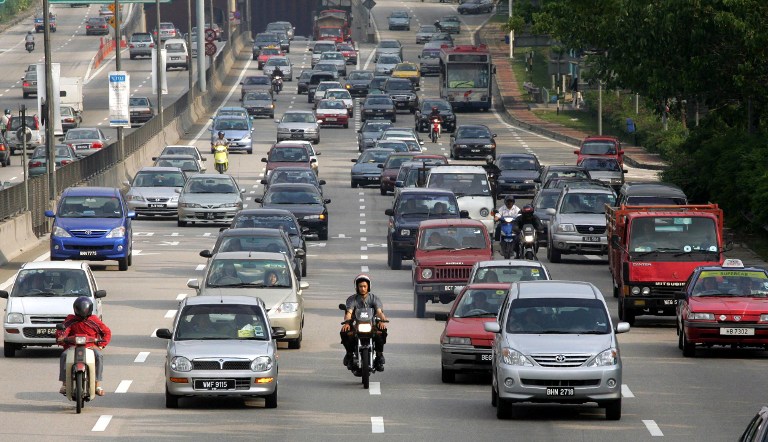KUALA LUMPUR, Aug 26 — Dego Ride is open to its riders working for other e-hailing platforms to deliver food, its founder said.
Dego Ride motorcycle taxi service founder Nabil Feisal Bamadhaj said his company would allow its riders to work for courier or food delivery services, and to even use different platforms by different companies to do multiple jobs.
“Yes, we will be open to it because we foresee that the main goal is that people want steady alternative forms of income and customers want efficiency, reliability and safety,” the CEO of Dego Ride’s logistics and transport solutions firm Dego told Malay Mail when contacted.
When asked about the hypothetical scenario of a Dego Ride rider also being signed up at the same time to deliver food under Food Panda and deliver items under Grab, Nabil confirmed that his company would be open to its riders doing so.
Dego itself also provides delivery services, with Nabil confirming that it also delivers fruit, groceries, and food from restaurants and fast food outlets.
Nabil noted that not every platform can provide all the necessary services, and that riders would then need to be present on multiple platforms or work under multiple service providers.
“I think it’s inevitable, it’s the norm right now, that in the gig or sharing economy, a lot of people are doing two to three jobs at the same time to get supplementary income, so there’s nothing new about that,” he said.
But while being open to the idea, Nabil said Dego Ride strives to ensure quality services, noting: “We will have a team of ‘permanent’ riders to maintain service quality.
“It’s just a matter of recruitment and selection of the right people to ensure that the services provided to the public are safe and sound,” he also said.
For e-hailing services using cars, Malaysian drivers who provide such services have been known to be either full-time drivers or part-timers who do it as a side-job and ferry passengers outside of their work hours.
Motorcycle taxi services have been touted as an option to solve the need for first-mile or “last-mile connectivity” to bridge the distance between public transport hubs such as train stations to the actual destinations.
Dego Ride pioneered the motorcycle taxi service model — already in place in other countries — in Malaysia in late 2016, but the Malaysian government subsequently declared the service illegal in 2017 due to road safety concerns.
Nabil reactivated Dego Ride’s services following the Cabinet allowing in principle the provision of motorcycle taxi services in Malaysia with the laws expected to be reviewed to enable its introduction.

Upskilling opportunity
Apart from the expected boost to the local economy with opportunities for foreign investments, Nabil believes that the government’s move to accept the motorcycle ride-sharing concept will positively benefit both riders and passengers.
With motorcycle taxi services as an easily-accessible job opportunity, Nabil said it would allow riders to alleviate their financial burden easily, while also avoiding social ills.
Nabil said motorcycle ride-sharing services will allow motorcyclists to “upskill” through “interpersonal activity with customers and also groom their safety habits as public road users”.
“Because we will be monitoring the performance of the riders, we can upskill in the form of formal training and retraining and informal practical education via actual exposure to doing ride-hailing with the public,” he explained.
Dego Ride’s services are available generally in the Klang Valley, Johor Baru, Penang and smaller cities via www.degoapp.com and the Dego app, while Indonesian-based Go-Jek and Singapore-based Grab have shown interest in expanding their motorcycle ride-sharing services to Malaysia.




















